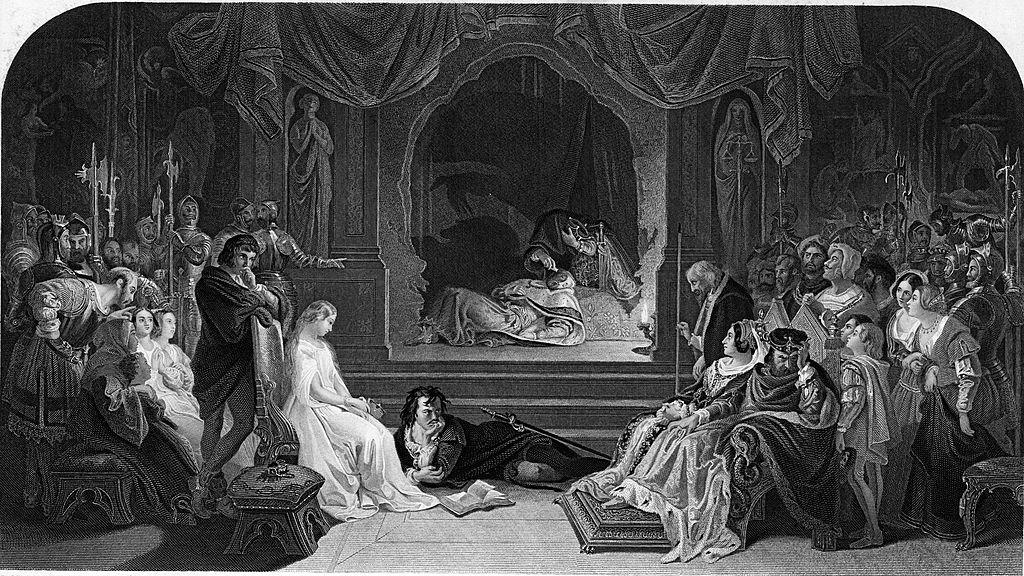What was once a giant but is now a dwarf?
The answer awaits in the drama we could least do without, as English-writer Anthony Burgess once referenced “Hamlet.”

What was once a giant but is now a dwarf?
The answer awaits in the drama we could least do without, as English-writer Anthony Burgess once referenced “Hamlet.”